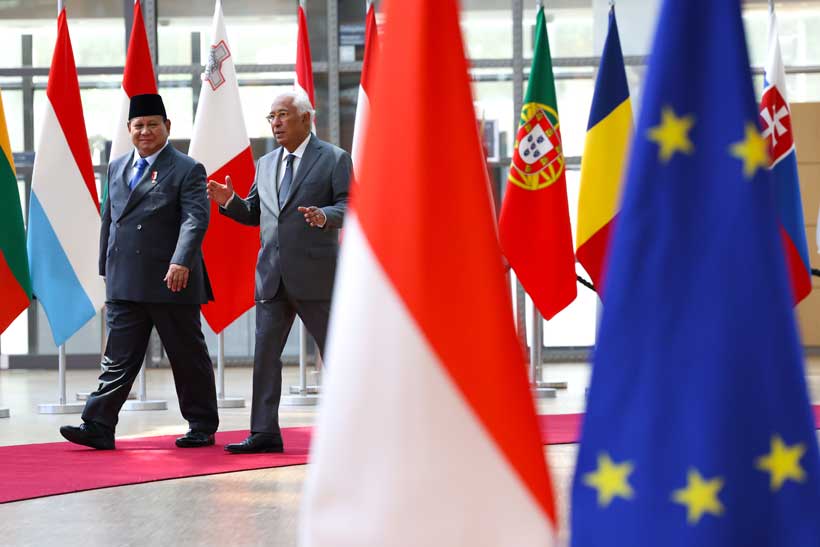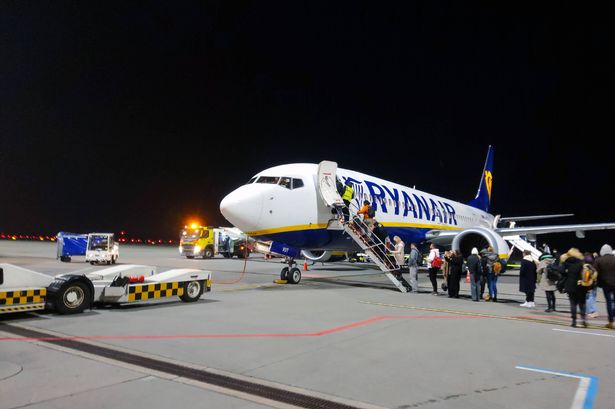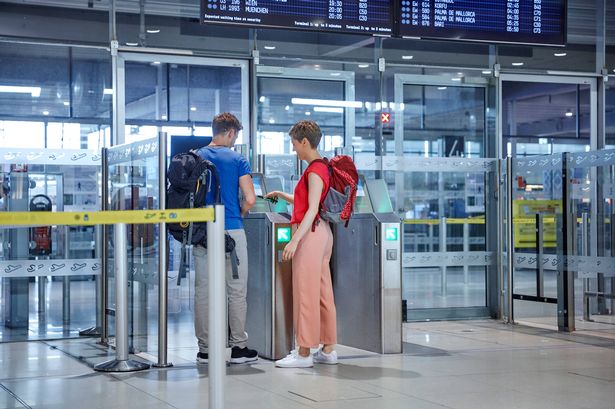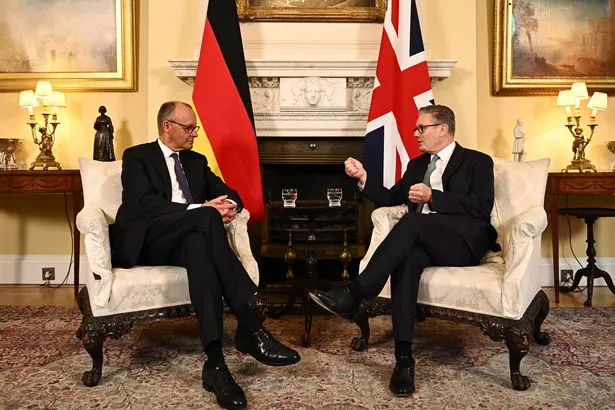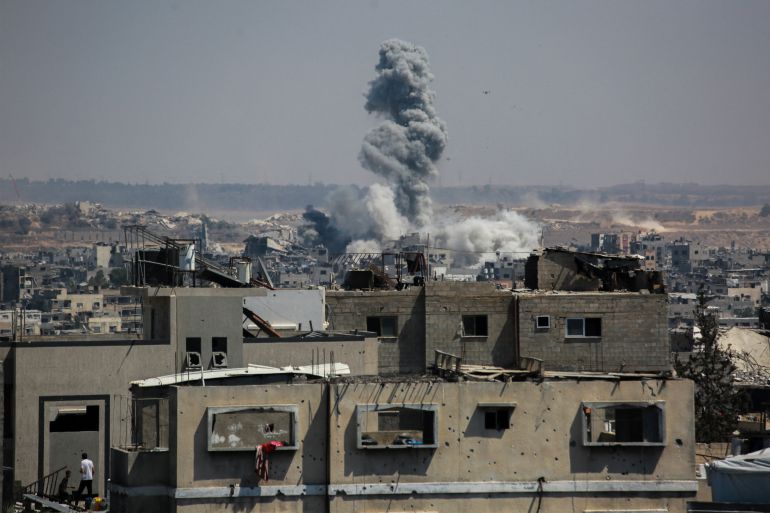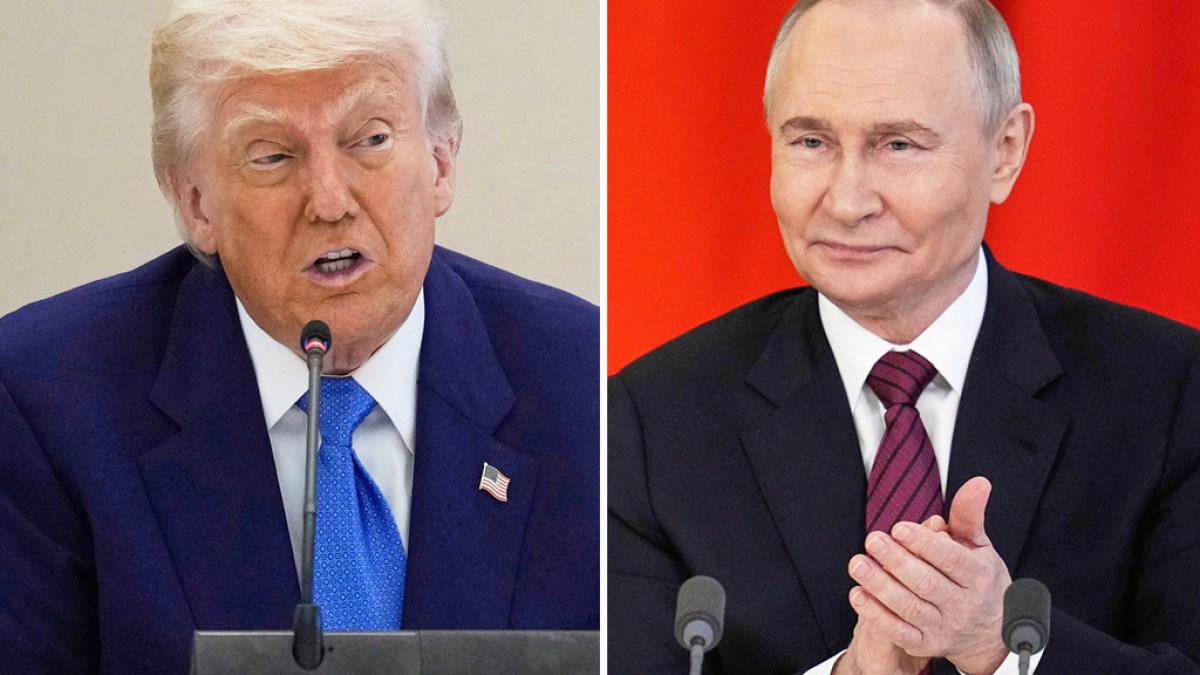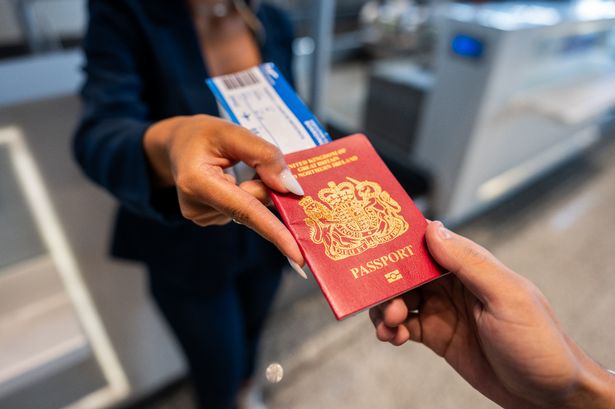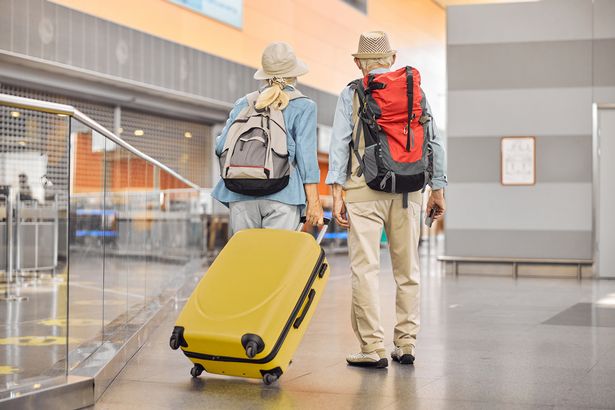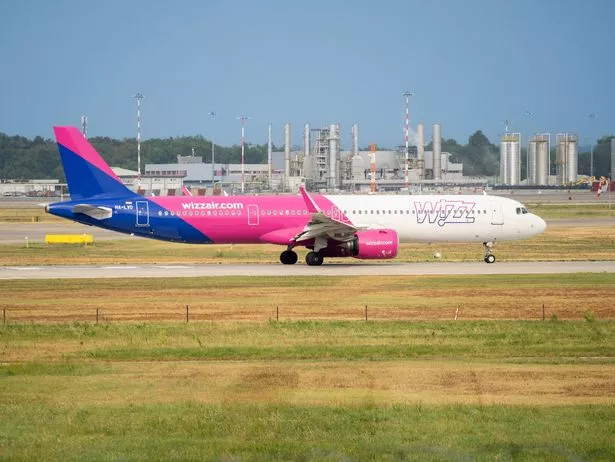KEY POINT:
– The contemporary importance of the aerospace sector stems from its complex technological structure, its diverse applications, and balanced public and private investment, which contribute to security in competitive environments.
– The 2001 United Nations Convention on the Prevention of an Arms Race in Outer Space illustrates the conflict between space militarization and technological security. Modern competition increasingly intertwines military and economic aspects, as demonstrated by advances in electronic warfare and communication systems.
– As space becomes a battleground for military dominance, it is essential to ensure peaceful development in this race. The challenges lie in managing military interests while promoting civilian innovations, revealing the complexities of international law and the prospects for disarmament in an evolving geopolitical landscape.
– In contemplating treaties, there is a risk of being seen as naive, as demonstrated by the decline of the Non-Proliferation Treaty. This highlights the need to avoid the militarization of space. Alternatives include maintaining secrecy over space defense technologies or promoting strategic alliances for technology sharing.
– A coalition between the United States, the European Union, and Russia could counterbalance the military advances of China and India. Investment in aerospace technology is key to gaining a competitive advantage, while trade agreements could guide the distribution of dual-use technologies, ultimately influencing global power dynamics and social transformations.
Why write about investing in the space sector today? Because it is an area of intervention that has the following structural characteristics: a) it is a complex combination of technologies, as was the case with the cas and , in its early days, the laptop computer; b) it offers a wide range of multiple application to other mature non-space technologies, c) it optimizes the combination of public and private investment, as has been the case with all other investments in technology that have changed the entire production system, and finally d) it guarantees the security of technologies and, therefore, of investments, which are covered in the eyes of competitors for military or security reasons.
For “mature” technologies, this is not possible. [1]
The issue of the militarization of space is essential to understanding the applicability of new aerospace technologies to non-military production.
In 2001, the UN General Assembly approved a Convention on the prevention of an Arms Race in Outer Space, signe by all major countries interested in space technologies.
But here too there is a logical contradiction between the non-militarization of space and the security of technologies, which must be covered by international competition in order to produce sufficiently attractive economic returns in a timely manner. [2]
Furthermore, there is a concept that could also be described as economy, albeit in a broad sense: if a State or alliance acquires a competitive edge in a weapons system, it also acquires maximum deterrence at minimum cost.
Competition between weapons system reduces their effectiveness and increases their structural costs, while also limiting their application cycles to civilian production, where global competitors can enter the market.
This is an application of Michael Porter’s thesis on the “global competitive advantage” [3].
It is therefore not surprising that space is the scene of competition that, in addition to being economic and application-based, is increasingly military in nature.
Just think, for example, of laser countermeasures for enemy missile systems and advanced electronic jamming and message distortion techniques that can be directed from space to Earth or, more simply, between space weapons themselves. [4]
The Chinese have already affirmed, in their theoretical and strategic models, the absolute importance of electronic warfare from space and, therefore, of incapacitating the enemy by abolishing its strategic and tactical communication networks. [5]
This is a modern reinterpretation of Sun Tsu’s concept that, in the best tradition of Chinese Zen, victory is achieved by forcing the enemy to move.
The strategic application of the esoteric Buddhist concept of wu wei, “moving without moving.”
Therefore, the more the space economy becomes central to the definition of the next models of globalized development, a technological-productive development in which many non-European and non-Western people will participate for the first time in human history, the more we should expect a “space war” perhaps managed according to the criteria of the Cold War, i.e. a conflict that never reaches the final clash but still makes it credibile and probable.[6]
But let’s see how and what the scientific and technological market of space can become.
According to a British forecast, the return on investment in space is expected to increase in 2007 to USD 140 billion [7], with a differentiation of services as follows: international direct-to-home services, 32%; radio, 6%; fixed satellites, 18%; mobile satellites, 3%; and direct-to-home in the US, 32%.
Total investment is expected to be USD 60 billion. [8]
So, first of all, telecommunications, which is not coincidentally the backbone of current and, above all, future weapons systems.
The ESA, the European Space Agency of which Italy is naturally a member, has drawn up a development plan up to 2010 in which the following are optimized for the communication sector: the size of satellite payloads, the application of military-derived Ku Band technology to civilian networks, and the development of fixed networks for Earth observation for economic, agricultural, and land traffic management purposes [9].
In other words, the aim here is to make investment in aerospace sustainable in order to optimize communication networks, according to the classic model of the “service society” developed in the mid-1980s [10].
But are we sure that the “computerization” and materialization of society and production systems are still a model capable of explaining the world and, above all, of predicting and changing it, according to Karl Marx’s old idea of ideas that “transform” rather than reflect reality?
Today’s aerospace technologies are not so clear-cut in their alignment with the “third wave” model.
Think, for example, of biology and pharmacological and therapeutic experiments or the production of new materials in the absence of gravity.
In the short term, the Great Transformation hypothesized by Karl Polanyi for old industrial capitalism is not only about communication or process innovation but also and above all about old traditional product innovation.
The US NASA has sent two flowers donated by International Flavors & Fragrances into space on the Shuttle Columbia to see whether the absence of gravity would change their scents to produce new essences.
The Russians have signed a contract with US television producer Burnett to organize a “reality show” in space.
In short, the amount of innovative non-communication technologies generated in space is increasing, according to the author’s calculations, by 36% per year for public investment and, as can be seen, private investment. [11]
Therefore, there is nothing to prevent these techologies and new materials from being used in a possible multilateral conflict for space management in the context of future space utilization, including for military purposes.
It is true that, to use a cliché and state the obvious, “space is immense,” but it is the orbits closest to Earth that are most useful both technologically and for telecommunications and, of course, for military purposes. Therefore, military and security control of these orbits will allow for the optimization of public and private investment in aerospace, both civil and military.
Here too, to paraphrase Von Clausewitz, we will be dealing with a cold war by other means.
Meanwhile, defense and security spending allows for the exclusivity of technologies, which cannot be copied or “cloned,” thus guaranteeing the predictability of expected economic returns.
Furthermore, security and defense produce maximum innovation because they are forced to find the competitive or strategic “gap” to exploit for as long as possible against potential enemies.
Finally, space investment in the security-defense area allows for the confidentiality of civilian applications when the time comes.
But when it comes to aerospace, there is more: the possibility of controlling wide areas of the Earth from above allows for an epoch-making strategic transformation: maximum deterrence combined with retaliatory power.
This is a far cry from the atomic strategy, when the aim, from Beaufre to Paul Nitze, was to inflict maximum damage to make it impossible for the enemy to respond and thus force them into classic unconditional surrender.
The development of military space allows for the immediate elimination of defenses and complete blindness to subsequent waves of attack, whether nuclear or conventional.
The new Global Space Strategic allows the fusion of direct and indirect strategy, because the communicative, political, cultural, social, and productive structures are annihilated by the same series of salvos from space that nullify the defenses and response potential of the target state [12].
So the question that arises is this: how can we avoid the strategies that fall out of the “space race” and use aerospace and its innovative technologies only in ways that guarantee peaceful, participatory, and optimal development?
The issue is more difficult than it seems. In fact, much of the public investor’s interest is military, given that the “weaponization” of space allows, with well-planned civilian spin-offs, weapon system such as the atomic weapon of the Cold war, i.e. a high potential for a winning strike, absolute brevity of military actions, and maximum success.
Furthermore, the techniques used in the 1970s to force most countries to abandon nuclear weapons through the Non-Proliferation Treaty have proved ineffective.
On the military front, the so-called “third world” countries now all have the real or short-term possibility of producing atomic weapons.
Weapons “cannot be uninvented,” as General Carlo Jean said years ago.
Furthermore, believing that signing a series of pieces of paper is enough to force a state to change its national strategy or, perhaps, to accept Manzonian proclamations against its neighbors who have instead switched to military nuclear power is a belief of absolute naivety.
There are no treaties that can prevent a state from achieving what it considers to be its national interest. Machiavelli’s saying that words do not govern states also applies to international law.
To believe in the power of treaties is to run the risk of being written, according to Guicciardini’s brutal formula in the Book of Fools.
Finally, the inglorious end of the Non-Proliferation Treaty should prevent us from repeating the path towards the militarization of space, as described by Manzoni.
Let us consider the other possibilities: a) absolute secrecy surrounding space defense technologies, leaving the competitors in this new Cold War in doubt as to what technology and doctrine are actually being used. Difficult, but it can be attempted.
Or, within the framework of a clear and strategic alliance, not simply an assembly of Hegelian “beautiful souls,” we could push for effective sharing of space technologies, including those with dual military-civilian use, within the framework of a shared defense doctrine.
Of course, this requires strategic thinking and, above all, serious identification of the enemy, without which there can be no strategy or tactics.
For example, one could think of an alliance between the Russian Federation, Europe, and the US against the strategy and military development of the China-India complex, which would quickly render many technologies obsolete and enjoy a very long “development window” before wages and prices are adjusted to Euro-American standards. [13].
Or a mixture of results that are effective in terms of cost-efficiency (in the sense that it would cost more for any state to wage space war to obtain them on its own) that could stabilize China itself, which could develop its dual-use space technologies also in accordance with a global agreement with Europe and the US to secure Western commercial expansion in Central and South Asia.
At this point, it would be a matter of finding a balance between Western and Eastern Technologies, but above all it would be necessary to verify whether our long term development programs envisage an expansion of European trade routes towards Asia, which would make this global strategy entirely reasonable.
If, on the other hand, China and India wanted to manage their “near abroad” on their own, strategy number one, that of an alliance on the militarization of space between the US, the EU, and the Russian Federation, would be more useful.
In short, we need to know and decide where we want to go and then shape our security and space warfare strategies accordingly, without hoping that other areas of the planet will do us the favor of standing still.
On the contrary, as far as we can predict, I suppose that a set of commercial and financial rules, rather than legal ones, could be defined for dual-use space technologies, based on the excellent experience of NATO’s COCOM throughout the Cold War.
From there, we can establish a division of labor in global space technology: there is no point in investing where others have done so before and better; it is better to define sharing rules (with competitive prices) to buy what is unnecessary to develop internally and perhaps resell on the global market those technologies in which a country or technological alliance has proven unbeatable.
Consider, in this case, the technologies for propellant chemistry, which Italy has developed with a high rate of innovation in recent years.
If this global market becomes optimal, then the force of circumstances will prevent the establishment of complete national technologies for the militarization of space. The global economy could become the Machiavellian reality of the situation.
In the meantime, it is absolutely necessary to invest in aerospace in order to acquire that “competitive edge” in cutting-edge technologies, which often have military and space origins, and which will allow us to continue to have: a) a highly differentiated production system, b) a high productivity margin that is competitive with our global competitors.
Reducing labor costs is a limited strategy, and, in any case, it clashes with the cost of living and therefore with a wage bill that is ultimately inelastic. The lower the wage, the worse the productivity per unit of output.
So, we need to invest immediately in advanced aerospace technologies, which will be the source of the next technological clusters that will determine who wins and who loses in the global division of labor.
In conclusion, albeit briefly, I have attempted to outline that we are closely linked to a highly complex set of developments in the technological, military, and economic sectors.
But above all, in that sector where scientific achievements produce deep transformations in the lives of individuals, which in turn change societies. This is the duty of those in science, politics, and business who have the task of questioning the future as a challenge for development and an opportunity for future progress.
Giancarlo Elia Valori
[1] V. Arms Control, Militarization of Outer Space, in www.globalissues.org, accessed on June 12, 2006
[2] V. NBER, Business Cycles Indicators, NBER, University of Chicago, Chicago 2001
[3] V. Michael Porter, Harvard University, Institute for Strategy and Competitiveness, On Competition, Harvard University Press, 2002
[4] Lt. Col. Bruce M. Deblois, USAF, Space Sanctuary, a Viable National Strategy, Aerospace Power Journal, Winter 1998.
[5] See defenselink.org, Report to Congress, Washington, D.C., January 2005.
[6] See The National Security Archive, The Master of the Game, Paul Nitze and US Cold War Strategy, from Truman to Reagan, Washington, D.C., October 2004.
[7] UK STRATEGY 2003-2006 AND BEYOND, British Government, 2004
[8] State of the Space Industry, 2004, International Space Business Council, March 2004
[9] BR-256, October 2005, ESA, the Telecommunications Long-Term Plan 2006-2010, Noordwijk, Holland, 2005
[10] Alvin Toffler, The Third Wave, Bantam Books, 1984
[11] Commercial Alert, NASA shifts strategy for selling outer space, Washington Post, Ariana Eunjung Cha, March 2005
[12] Stephen M. Younger, Nuclear Weapons in the Twenty-First Century, Los Alamos National Laboratory, 27 Giugno 2000
[13] See HEARTHLAND review, Number entitled The atomic Rush, n. 1 2006

